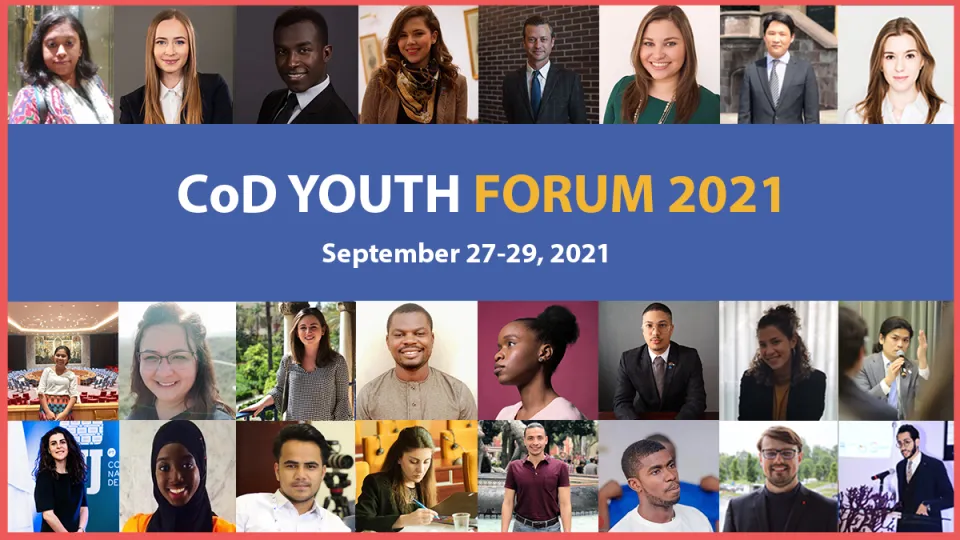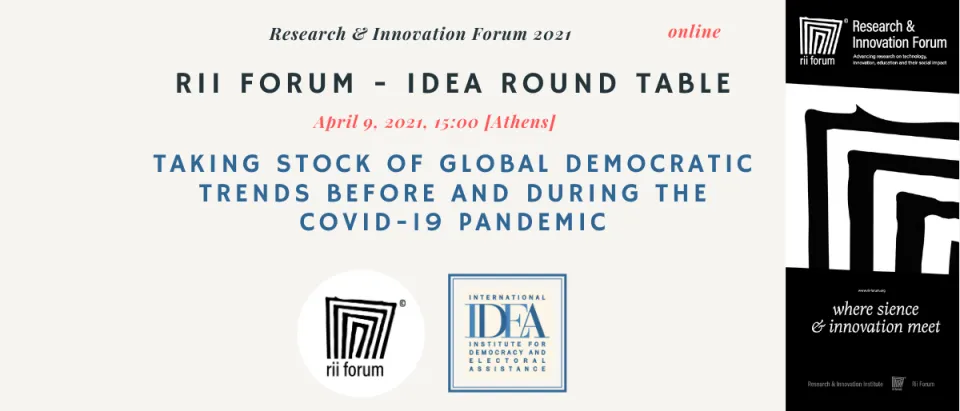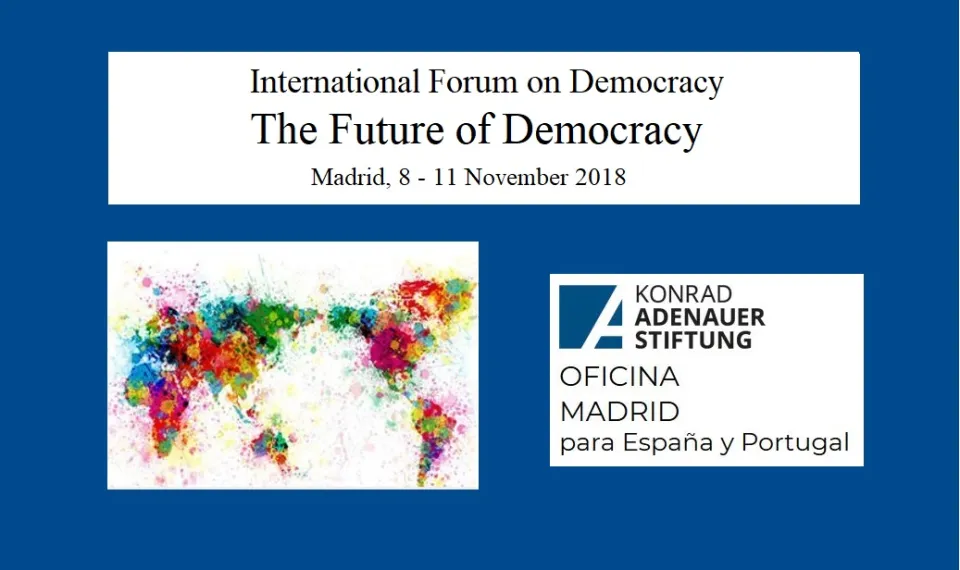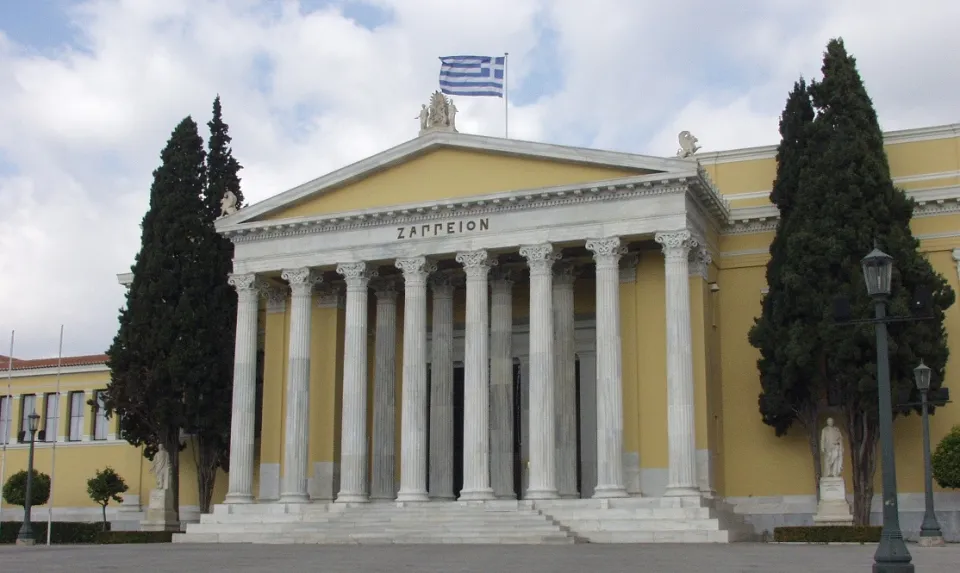Support for Democracy in a New Geopolitical Context
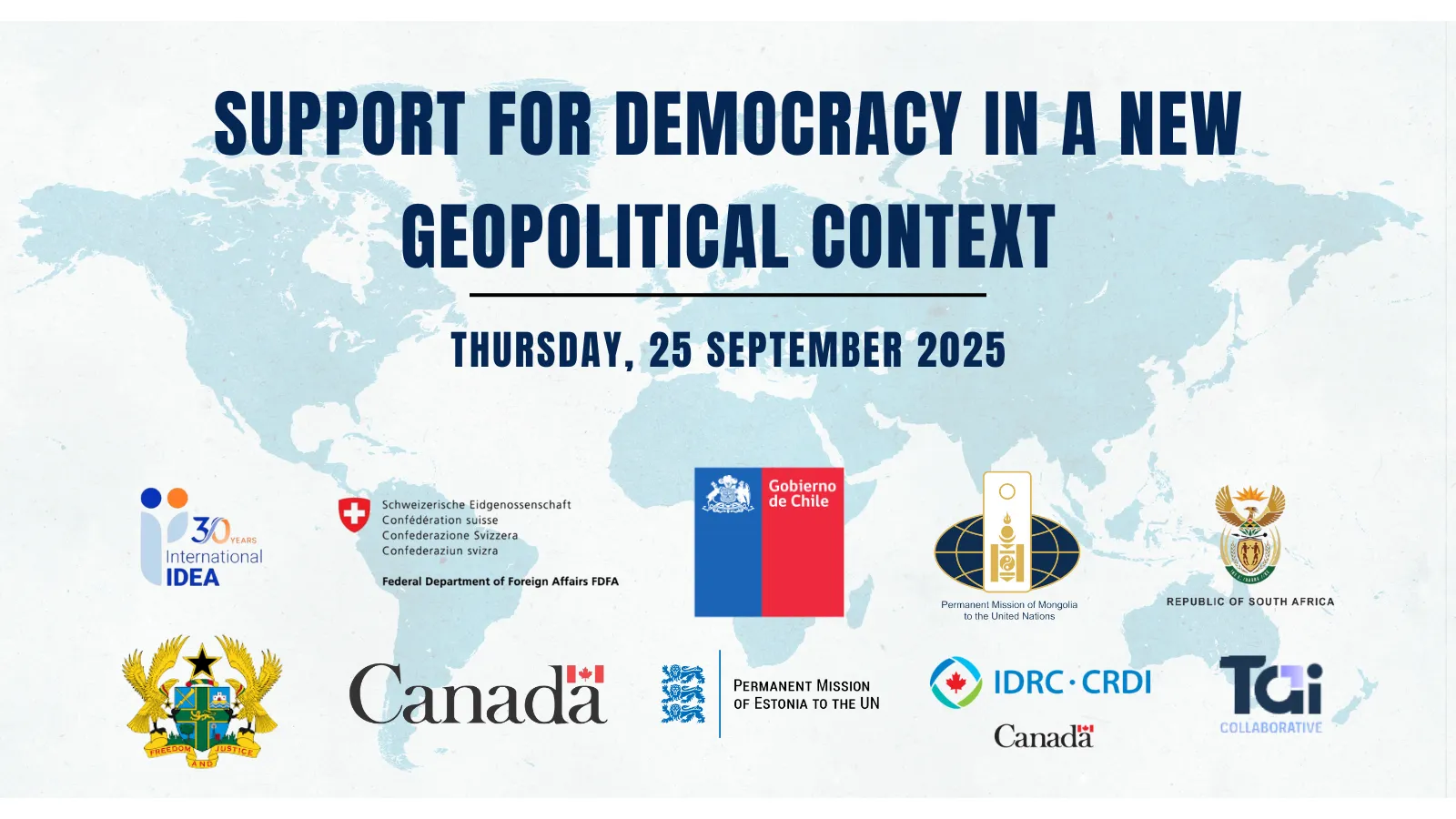
The global democracy landscape is undergoing profound transformation, shaped by rising authoritarianism, contested democratic norms, and shifting geopolitical power dynamics. Alliances that once underpinned international cooperation on democracy and human rights are being tested, redefined, or weakened.
For decades, democracy assistance was driven by post-Cold War optimism and the belief that democratic transitions—especially in the Global South—would progress steadily with international support. Few anticipated that even mature democracies could experience significant backsliding. Today, those assumptions have unraveled, with democratic erosion affecting both newer and established democracies. Authoritarian resurgence, shrinking civic space, and attacks on fundamental rights have exposed deep vulnerabilities. Yet democracy remains a universal value, embraced across diverse countries, histories, and cultures. Several Global South democracies have shown notable resilience and democratic innovation, offering valuable lessons for other countries. However, while support for democracy is strong in principle, its resilience increasingly depends on delivering tangible outcomes. In some contexts, openness to non-democratic alternatives is growing where these are seen to deliver better results. This has contributed to the acceleration of democratic decline.
A recent International IDEA study underscores that while democratic values are widely shared, Global North and Global South democracy narratives differ on some aspects: Global South democracies emphasize sharing their own democratization experiences but are less inclined to project democratic values or form exclusive alliances around them. Meanwhile, intensifying security threats, geopolitical rivalries, and realignments are reshaping global priorities. Democracy assistance budgets have been squeezed, and multipolar competition complicates joint action.
All these shifts demand a reimagining of support for democracy—moving beyond traditional models and forging new, more inclusive alliances. Defending democracy now requires adaptable strategies that deliver for people, stronger political will, and genuine collaboration across diverse contexts. International IDEA, together with the African Union, the Open Society Foundations, with the support of the European Union and Switzerland, recently organized a High-Level Dialogue on “Re-imagining Democracy in Africa: Comparative Experiences from the Global South" in Pretoria, to discuss some of these issues. The convening brought together parliamentarians, judicial officers, managers of electoral bodies, representatives of regional economic communities, policymakers, civil society actors, social activists, and media representatives from Africa, Asia Pacific and Latin America. Their reflective insights culminated in a statement for democratic transformation: the Pretoria Consensus.
In 2025, as the UN marks 80 years and International IDEA celebrates its 30th anniversary, these milestones offer a critical opportunity to reflect, reassess, and chart a renewed global agenda for democracy in a transformed geopolitical era.
This high-level event is organized by International IDEA in partnership with the Governments of Canada, Chile, Estonia, Ghana, Mongolia, South Africa, and Switzerland, the International Development Research Centre, Canada (IDRC), and the Trust, Accountability and Inclusion Collaborative.
